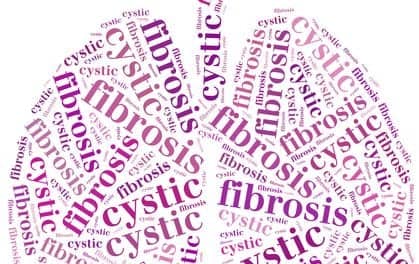A study, published in the Journal of Cystic Fibrosis, looks at early markers of cystic fibrosis.
In patients with early cystic fibrosis (CF) lung disease, upregulation of programmed cell death protein-1 (PD-1) is associated with airway macrophage exhaustion, neutrophil takeover, structural damage, and infection, according to the study.
It is well recognized that macrophages are the major resident immune cells in human airways that coordinate the responses to injury and infection. Soon after birth in patients with CF, neutrophils are recruited to the airways and actively exocytose damaging enzymes prior to chronic infection, which implies a possible defect in macrophage immunomodulatory function in these individuals. The investigators of the current study sought to identify the potential links between macrophage PD-1 and markers of airway disease among children with CF.
In order to determine the presence of the PD-1 signaling pathway in early CF inflammation, the immune cells from bronchoalveolar lavage fluid (BALF) and blood were obtained from 45 children with CF between 3 months and 62 months of age. Flow cytometry was used to analyze the blood and BALF samples. Read more here.
Causal treatment suitable from childhood
Cystic fibrosis remains an incurable genetic disorder which impairs lung function and significantly reduces life expectancy. A new combination drug therapy which addresses the disorder’s underlying defects offers a promising new treatment approach. The use of this therapy had previously been limited to adolescents and adults. Designed to meet the highest standards of clinical practice, a study co-led by Charité — Universitätsmedizin Berlin has now confirmed that this combination therapy regimen is also beneficial to primary school-aged children. Earlier treatment means disease progression is likely to be significantly slowed. The researchers’ findings have been published in the American Journal of Respiratory and Critical Care Medicine. Read more here.










